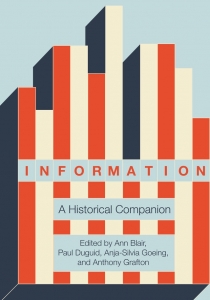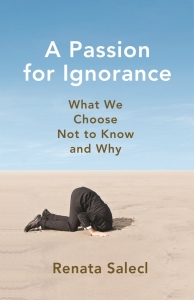Quantum Computers: Building and Harnessing the Power of Quantum Machines with Professor Andrea Morello
Quantum computers store data and perform computations by utilizing properties of quantum physics. Quantum computations are performed by these machines by utilizing quantum state features such as superposition and entanglement. Traditional computers store data in binary “bits,” which can be either 0s or 1s. A quantum bit, or qubit, is the fundamental memory unit in a quantum computer. Quantum states such as the spin of an electron or the direction of a photon, are used to create qubits. This could be very useful for specific problems where quantum computers could considerably outperform even the most powerful supercomputers. In this episode of Bridging the Gaps I speak with professor Andrea Morello and we discuss fascinating science & engineering of conceptualizing and building quantum computers. Professor Andrea Morello helps us to unpack and tackle questions such as what a quantum computer is and how we build a quantum computer.
Andrea Morello is the professor of Quantum Engineering in the School of Electrical Engineering and Telecommunications at the University of New South Wales Sydney, Australia.
I begin our conversation by asking professor Morello what a quantum computer is, and how it differs from classical and conventional computers. The no-cloning theorem’s implications in the field of quantum computers are next discussed. The no-cloning theorem states that it is impossible to create an independent and identical copy of an unknown quantum state. Professor Morello’s team uses single-spin in silicon to construct quantum computers, and we go over their approach in depth. The true value of quantum computers can only be realised if we develop creative algorithms that make effective use of quantum computers’ exponentially huge information space and processing capability. We discuss this in detail. We also touch upon the concept of quantum chaos and discuss research in this area. This has been a fascinating discussion.
Complement this with “2062: The World That AI Made” with Professor Toby Walsh and then listen to “Artificial Intelligence: Fascinating Opportunities and Emerging Challenges with Professor Bart Selman.



Connect With Us